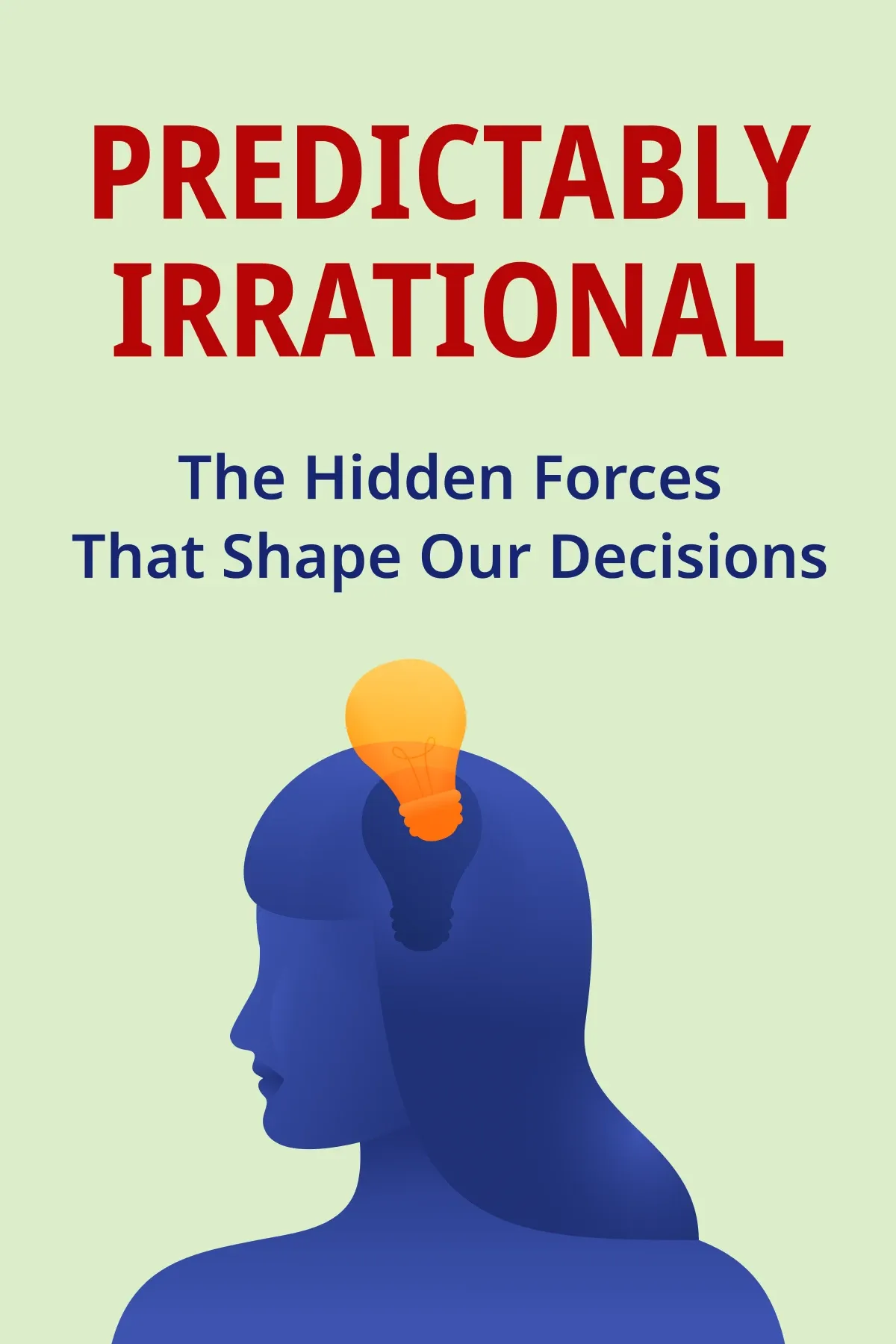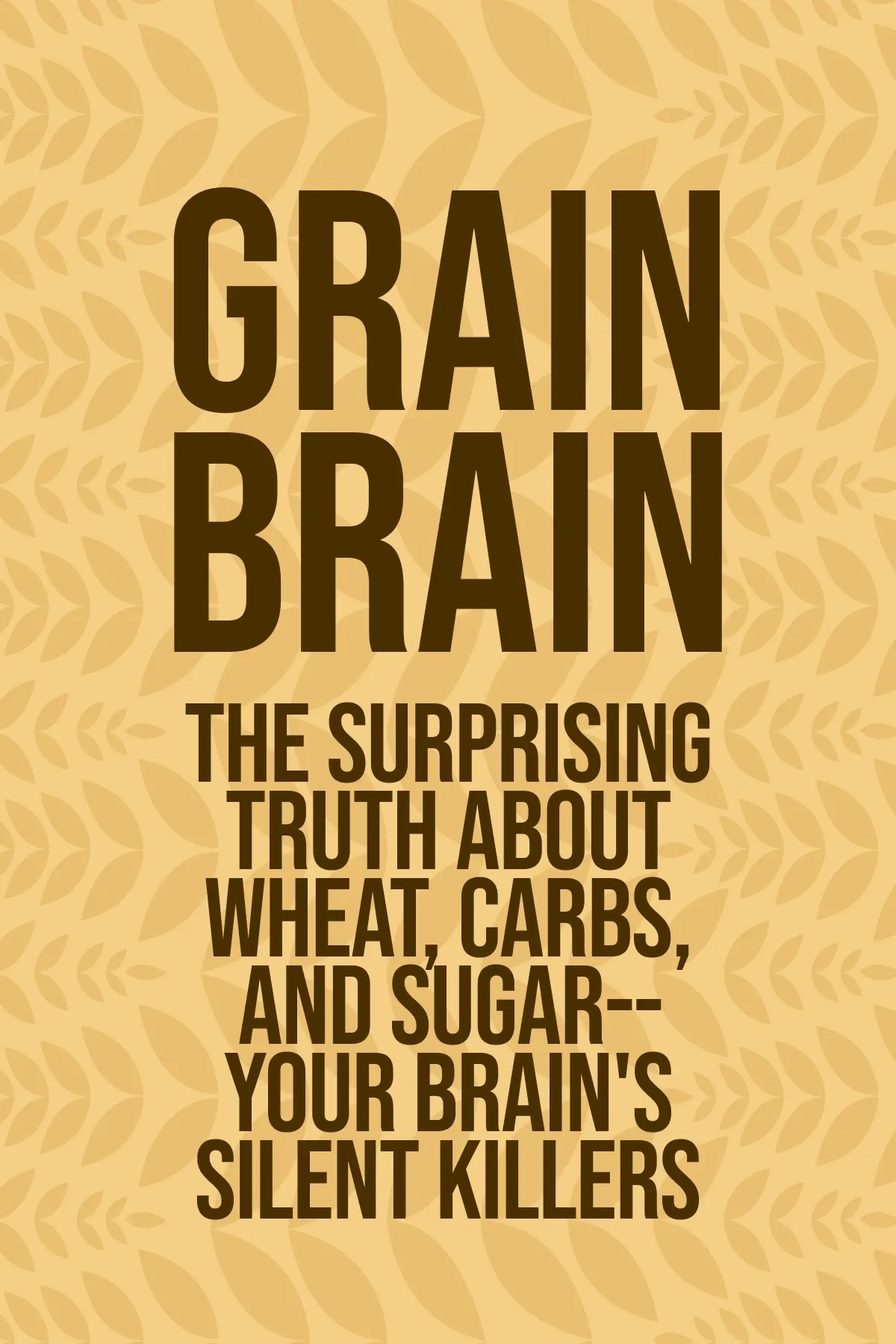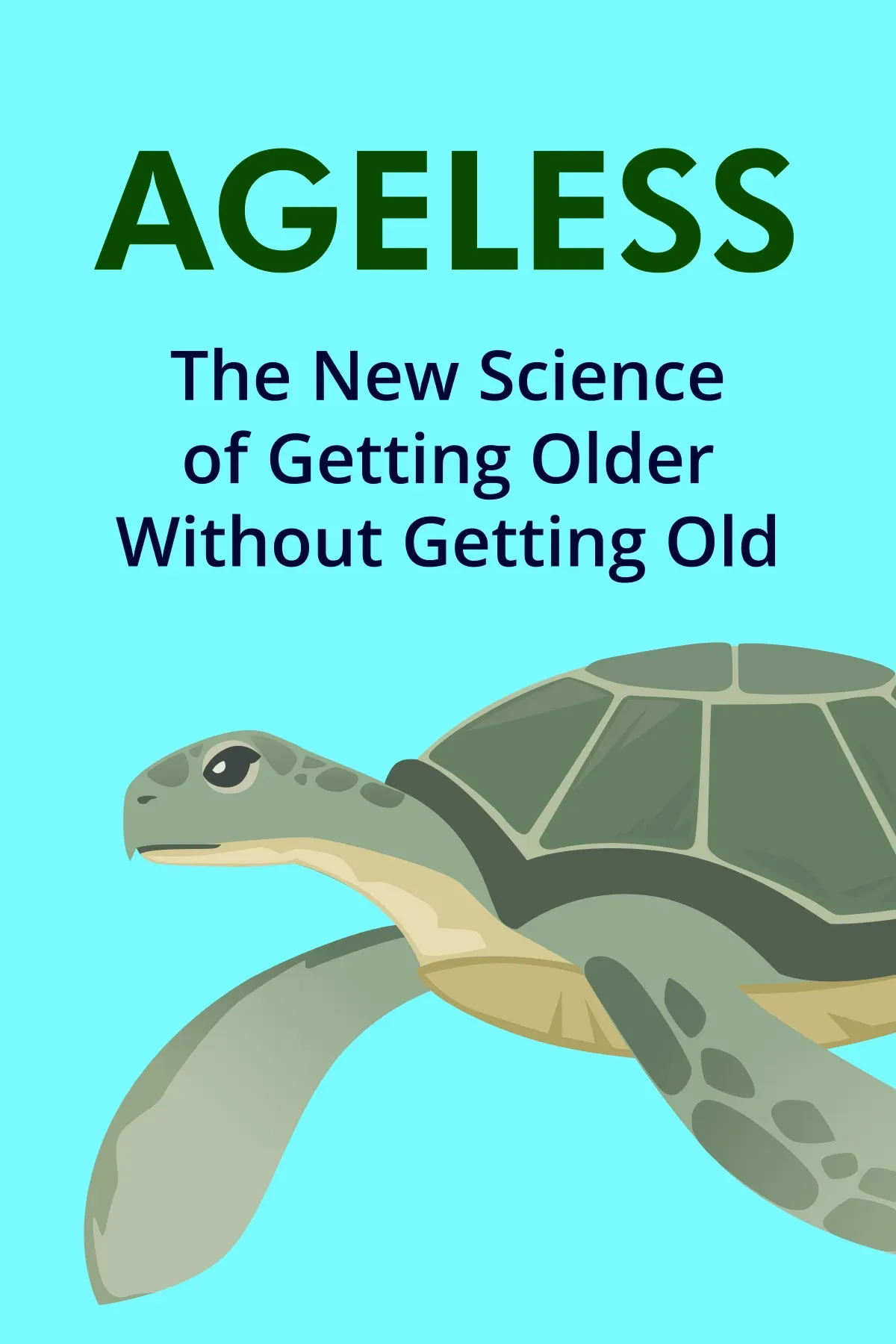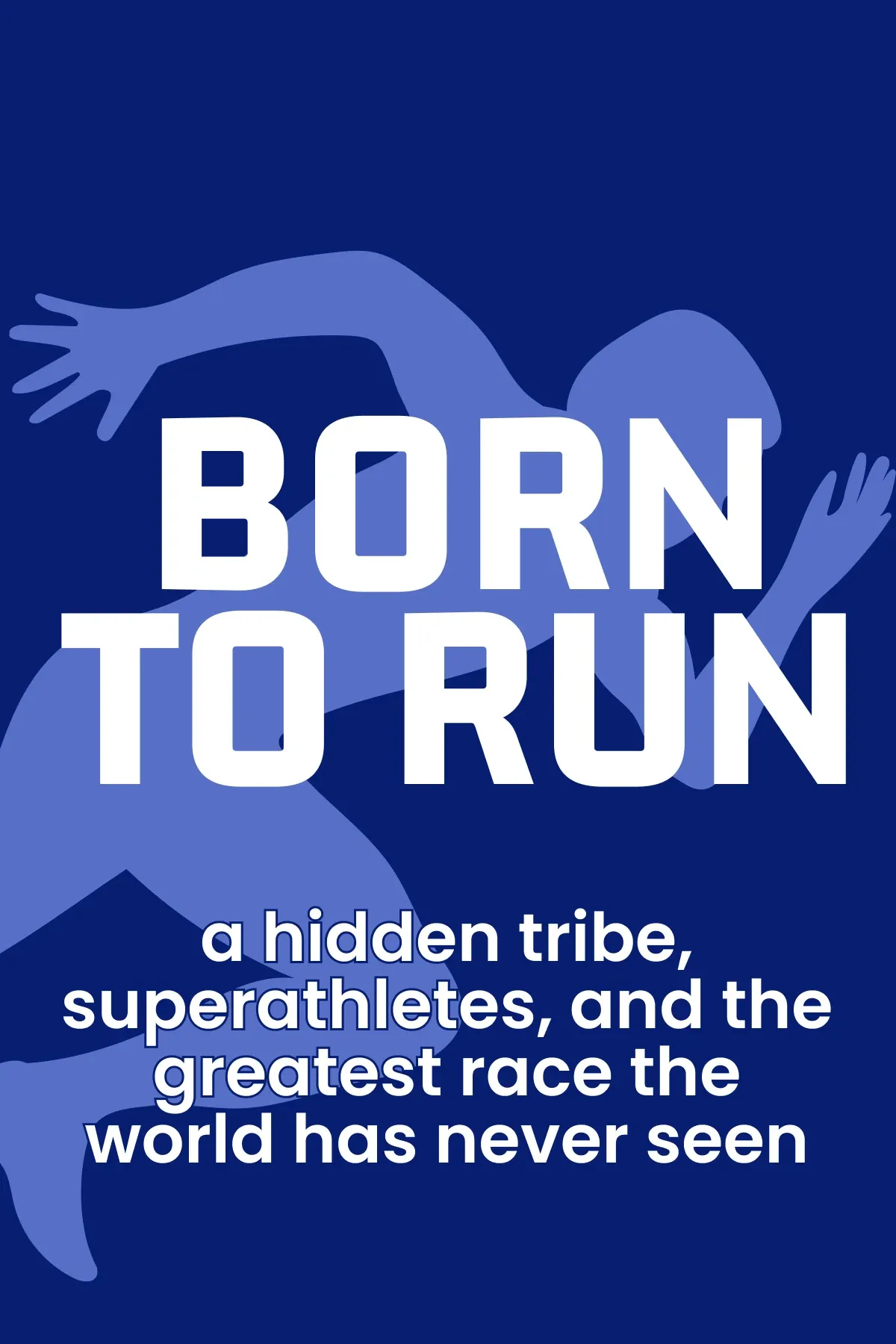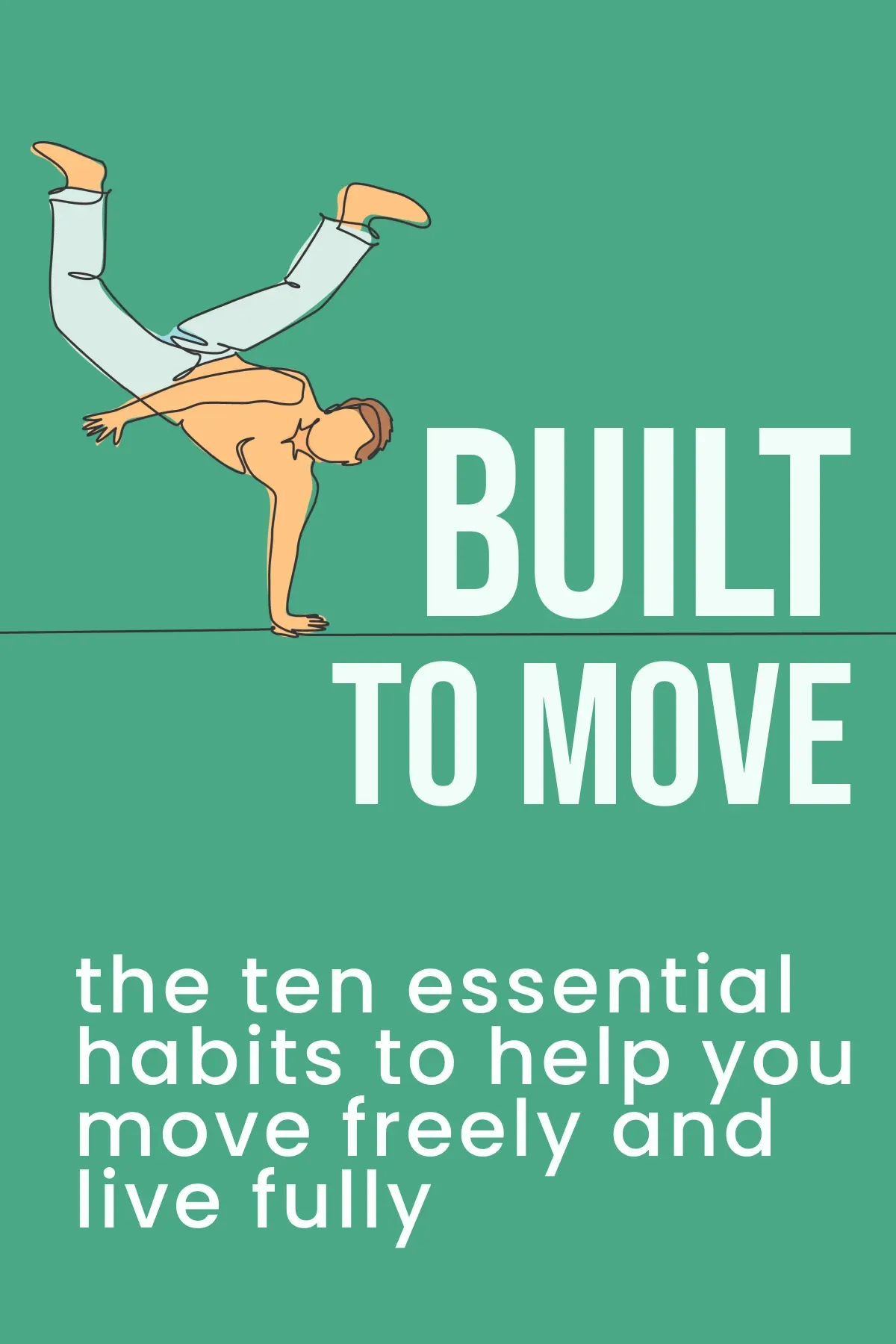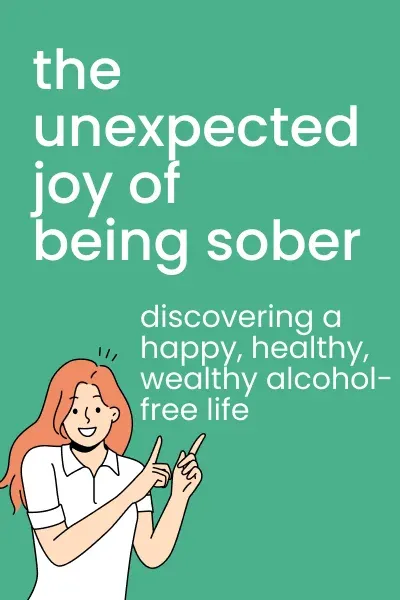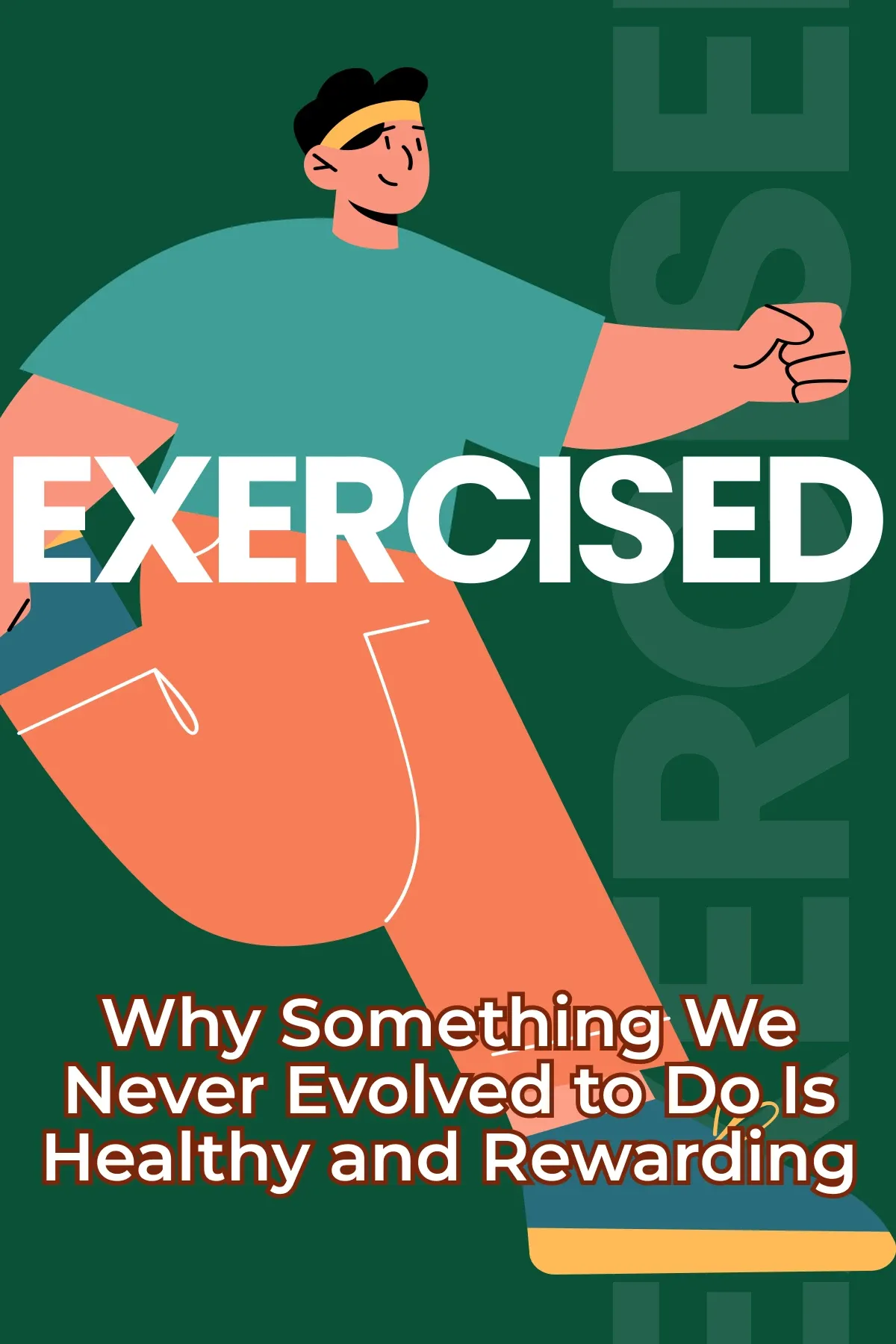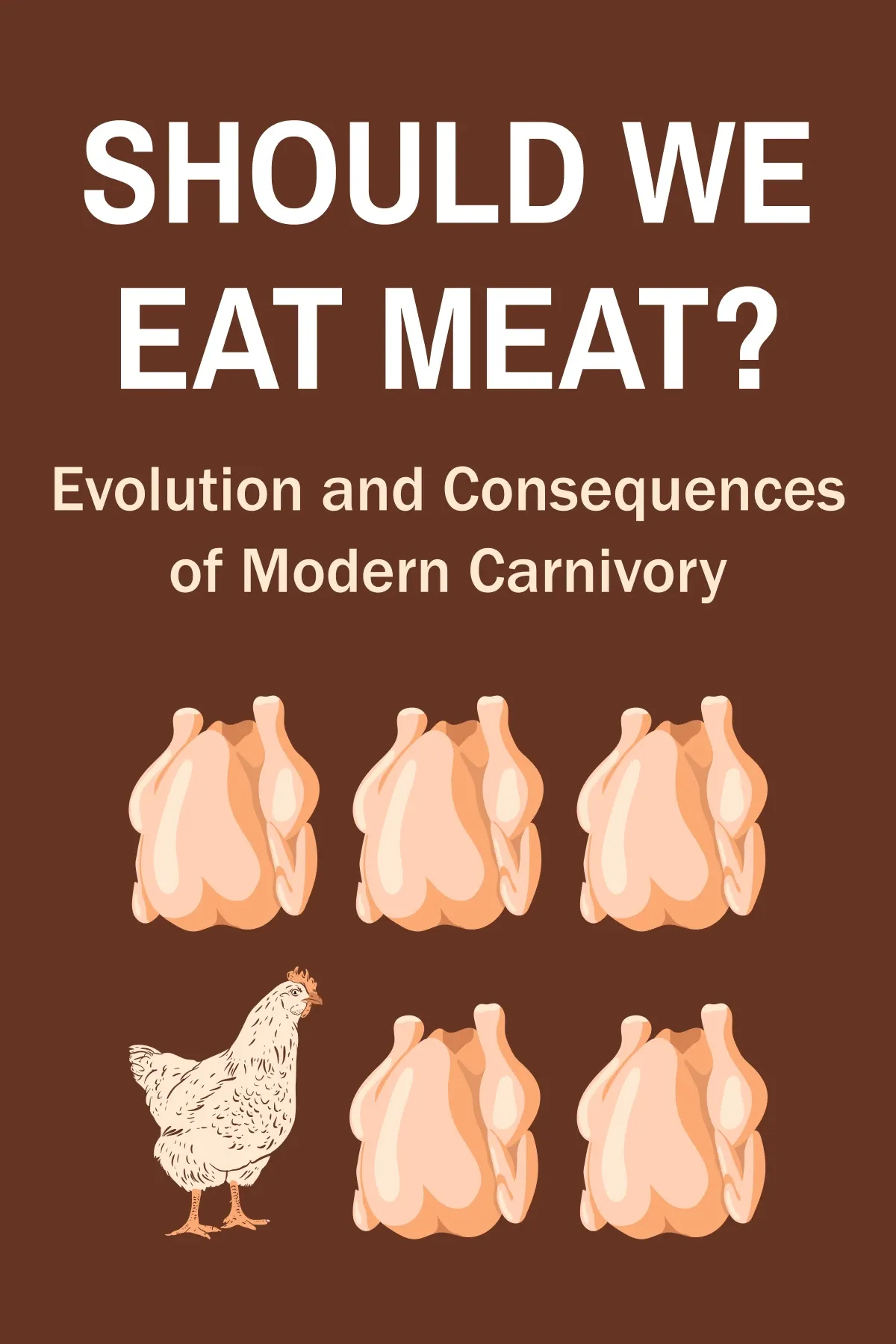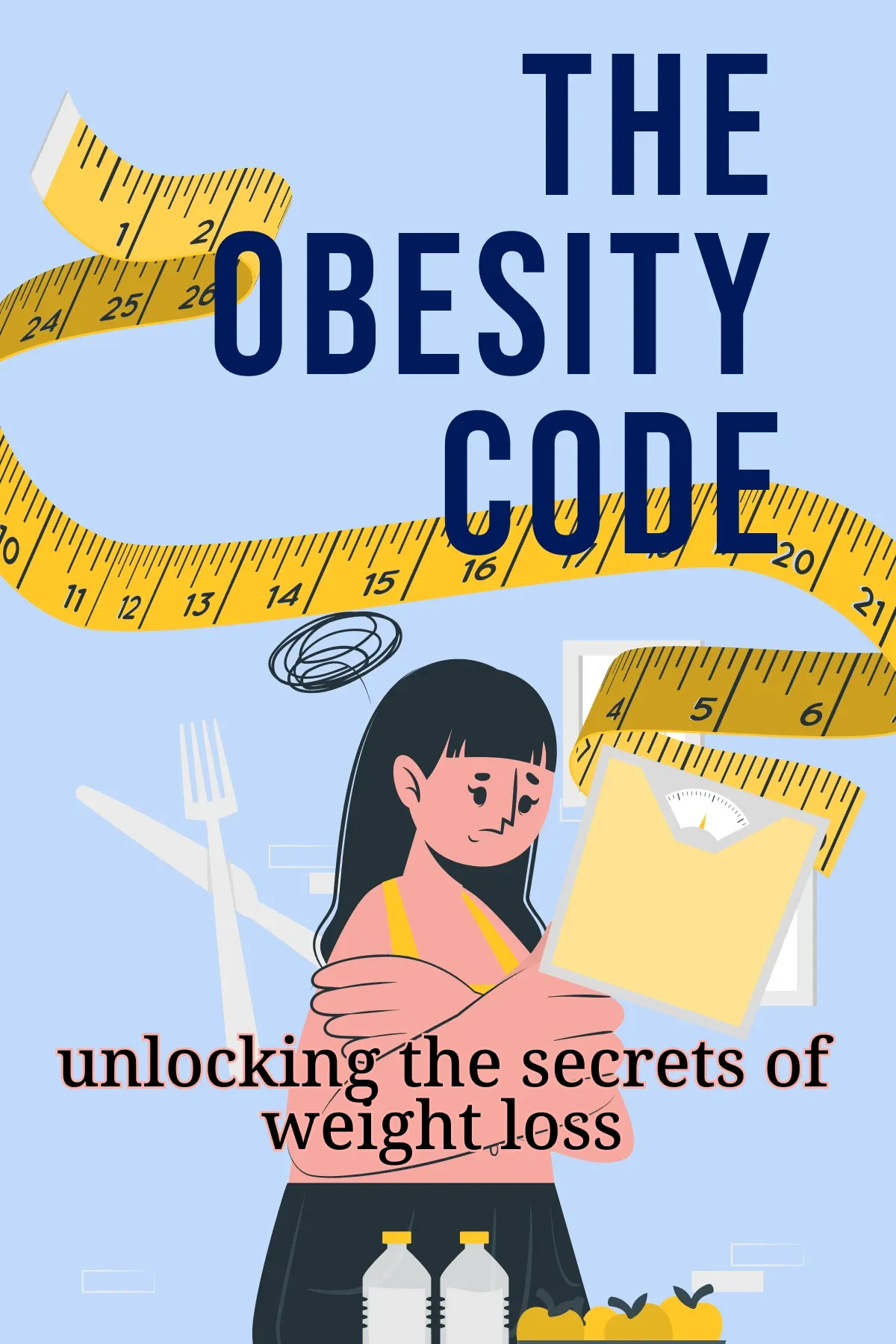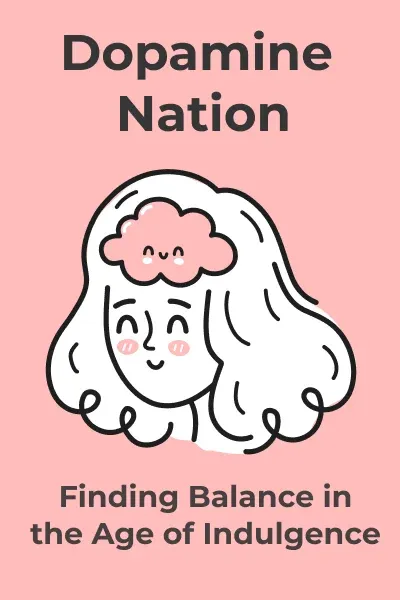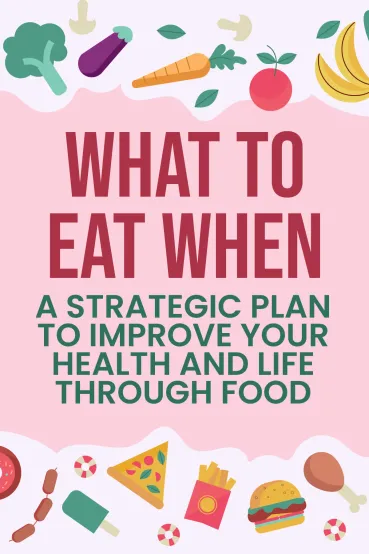
What to Eat When
Brief Summary
“What to Eat When” explores the significant impact of dietary habits on health and longevity. It argues that timely carbohydrate consumption, a preference for substantial breakfasts, and substituting healthy food options can aid in weight loss and reduce cancer risk. The book also discusses strategies for maintaining these practices amidst a busy lifestyle or traveling.
Key points
Key idea 1 of 11
When considering what we put on our plates, the question isn't just about taste. It's also about satisfaction. Our health and longevity depend on it. A peek into the essential macronutrients and their role in our body can be the game-changer we need.
For example, someone might eat a juicy hamburger for its savory taste. Sounds not so healthy. What might provide a more balanced mix of proteins, fats, and carbohydrates? Eating an avocado salad with grilled chicken will lead to lasting satisfaction. By understanding that proteins repair tissues, fats deliver essential vitamins, and carbohydrates provide energy, one can make better choices for a healthier, longer life. A mere shift in the approach to meal planning can turn this knowledge into a potent tool.
Think about proteins. They are more than just an energy source. Imagine proteins as the bricks and mortar of your body. They build vital structures that keep you running smoothly. It doesn't matter whether you get your protein from a stick of celery or a piece of beef. What matters is that your body is receiving its necessary amino acids. And the good news for vegetarians – you can get the amino acid range by incorporating plant-based foods into your diet.
Let's talk about carbohydrates. They're your body's favorite sugar molecules, transformed into glucose for energy. However, not all carbohydrates are created equal. Whole grains and fibers, for example, are *complex carbohydrates*. They slowly release glucose into your bloodstream. On the other hand, refined sugar and white flour are *simple carbohydrates.* They give you a quick sugar high. But they could also send you down a path riddled with health problems, from weight gain to impotence.
Finally, fats come into the picture. Fats have gotten a bad rap over the years. Still, they can pack more than double the energy punch of carbohydrates. What makes the difference is the type of fat you choose to consume. Avocados, olives, and nuts offer *unsaturated fats*, a great addition to your diet. Omega-3 oil found in salmon also does. On the flip side, avoid animal-based products like butter and cheese. They are notorious for their *saturated fat content*. Research indicates that a diet rich in unsaturated fats can reduce inflammation. This diet also lowers the risk of cancer and heart disease. Additionally, it can help prevent cognitive decline.
In conclusion, it's not about enjoying food without understanding it. It's about making informed choices that fuel our bodies more healthily. Understanding what we consume leads to a healthier and potentially longer life.
FAQ
You may also like these summaries


